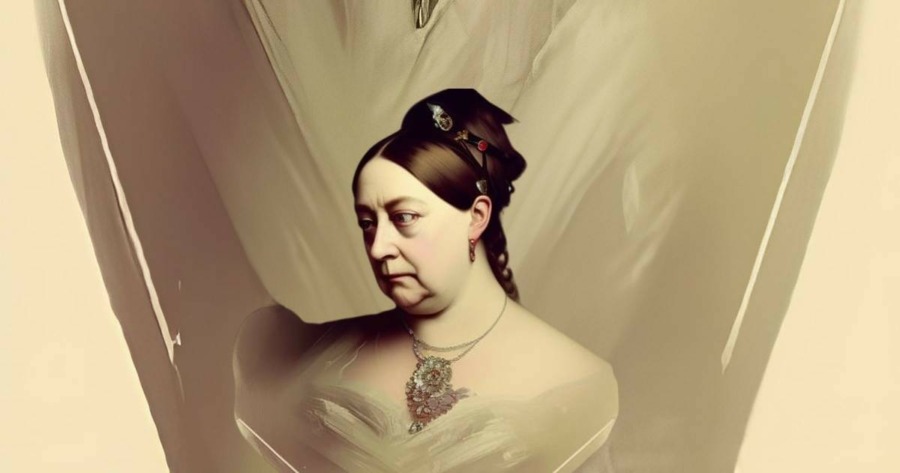Every year, on the Monday preceding May 25th, Canadians across the country come together to celebrate Victoria Day. This national holiday, honouring the birthday of Queen Victoria, holds a special place in Canadian history and culture. However, while it is widely observed in most Canadian territories and provinces, a few provinces, particularly those in the Atlantic region and Quebec, have chosen not to partake in the festivities. This article explores the origins of Victoria Day, the reasons behind its varying celebrations across Canada, and why it is considered the official start to summer.
Origins of Victoria Day: Victoria Day traces its roots back to May 24th, 1845, when it was first declared a public holiday in Canada West, now known as Ontario. The holiday was established to commemorate the birthday of Queen Victoria, who reigned over the United Kingdom and the British Empire from 1837 until her passing in 1901. Queen Victoria’s reign marked a period of immense growth and development for Canada, and the holiday was embraced to express loyalty to the Crown and celebrate the British heritage ingrained in the country.
Celebrations in Territories and Provinces: Victoria Day is officially recognized and celebrated in all three Canadian territories: Yukon, Northwest Territories, and Nunavut. Additionally, six of the ten provinces partake in the festivities, including British Columbia, Alberta, Saskatchewan, Manitoba, Ontario, Newfoundland, and Labrador.
Exclusion of Atlantic Provinces and Quebec: The Atlantic provinces—New Brunswick, Nova Scotia, Prince Edward Island, and Newfoundland and Labrador—and Quebec have chosen not to celebrate Victoria Day as a statutory holiday. This decision is rooted in historical and cultural factors unique to each region. The Atlantic provinces’ decision to forgo Victoria Day stems from their deep ties to their own local traditions and historical events, which hold greater significance to their communities.
Fête de Dollard in Quebec: In Quebec, instead of observing Victoria Day, the province celebrates the Fête de Dollard on the same day. This holiday honours Adam Dollard des Ormeaux, a French immigrant who died during the Battle of Long Sault in 1660 while defending New France against the Iroquois people. The Fête de Dollard reflects Quebec’s distinct history and cultural heritage, highlighting the contributions of early French settlers and the struggles they faced in the region.
Official Start to Summer: Victoria Day is often regarded as Canada’s unofficial start to summer. The timing of the holiday, which falls on the Monday between the 18th and the 24th, coincides with the arrival of warmer weather and longer daylight hours. Canadians embrace this long weekend as an opportunity to kick-start outdoor activities, such as barbecues, picnics, gardening, and opening cottage season. Fireworks displays, parades, and festivals are also organized in many communities, further adding to the festive atmosphere.
Victoria’s Day will remain a significant Canadian holiday, symbolizing the country’s ties to its British heritage and Queen Victoria’s reign. While most regions celebrate, certain areas, like the Atlantic provinces and Quebec, observe different holidays, reflecting their unique histories and cultural identities. Regardless of the varying celebrations, Victoria Day unites Canadians in welcoming the arrival of summer, fostering a sense of togetherness and an opportunity to embrace the joys of the season ahead.









